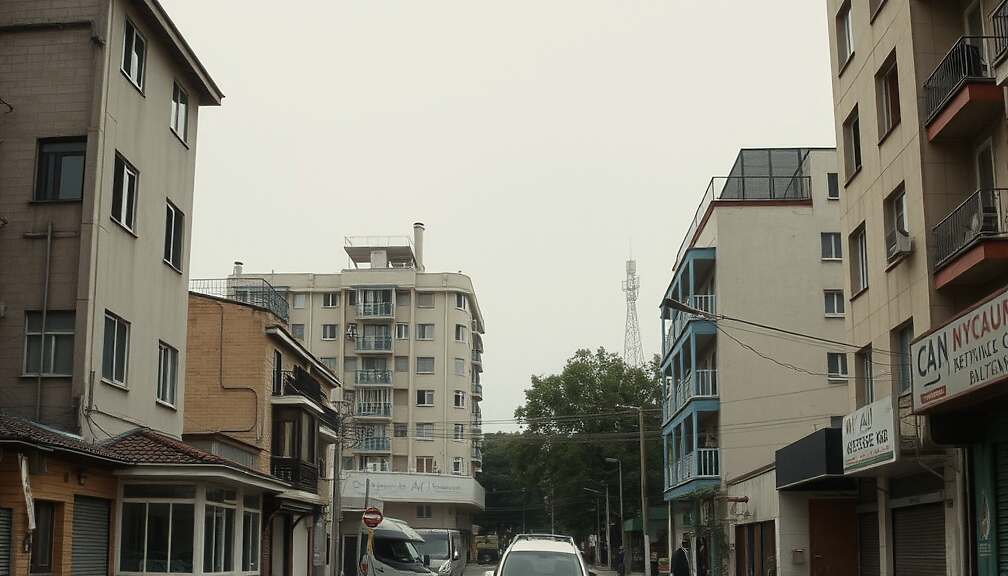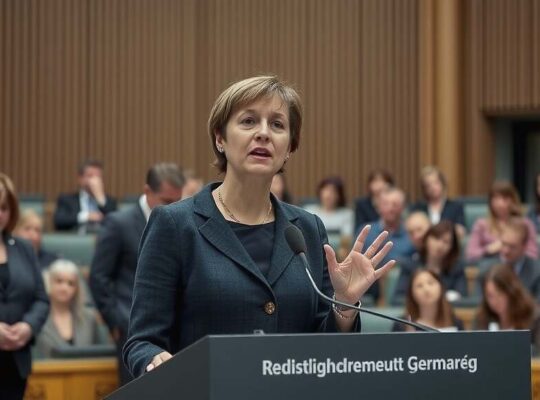The German Education Minister, Karin Prien of the Christian Democratic Union (CDU), has launched a scathing critique of ZDF, Germany’s second largest public-service broadcaster, over the employment of a freelance technician linked to a partner company. The technician, according to Minister Prien, was also involved with the Israeli military and a Hamas official killed in the Gaza Strip. Prien characterized the situation, revealed during her recent fact-finding trip to Israel, as “unacceptable.
Speaking on the “Welt” podcast, Minister Prien emphasized a clear distinction should exist between journalistic reporting and technical roles, but insisted, “A terrorist organization is a terrorist organization” regardless of function. She expressed a demand, as a taxpayer, for a thorough explanation from ZDF and assurances that such a situation will not recur.
Beyond this specific incident, Prien levelled a broader criticism of German media coverage regarding Israel. She characterized reporting as frequently “one-sided” asserting that the suffering of Israeli civilians following the October 7th attacks has been insufficiently represented. She highlighted the pervasive trauma within Israeli society, noting the widespread loss and reserve military service experiences.
While acknowledging the “hardship of the Palestinians” emphasizing the tragedy of child casualties and the importance of proportionality in warfare, Minister Prien voiced concern about a perceived “latent or even pronounced perpetrator-victim reversal” within the German public broadcaster’s reporting. She accused some media outlets of failing to adequately cover Israeli perspectives and experiences.
Prien further lamented the lack of independent reporting from within the Gaza Strip, alleging a near absence of unbiased accounts documenting the conflict’s impact. She framed the situation as being exacerbated by a “mad propaganda battle” raising questions about the neutrality and objectivity of German media in its portrayal of the ongoing crisis. The minister’s comments signal a growing tension between the government and public broadcasters regarding coverage of the Israel-Palestine conflict and the potential for increased scrutiny of editorial decisions.












